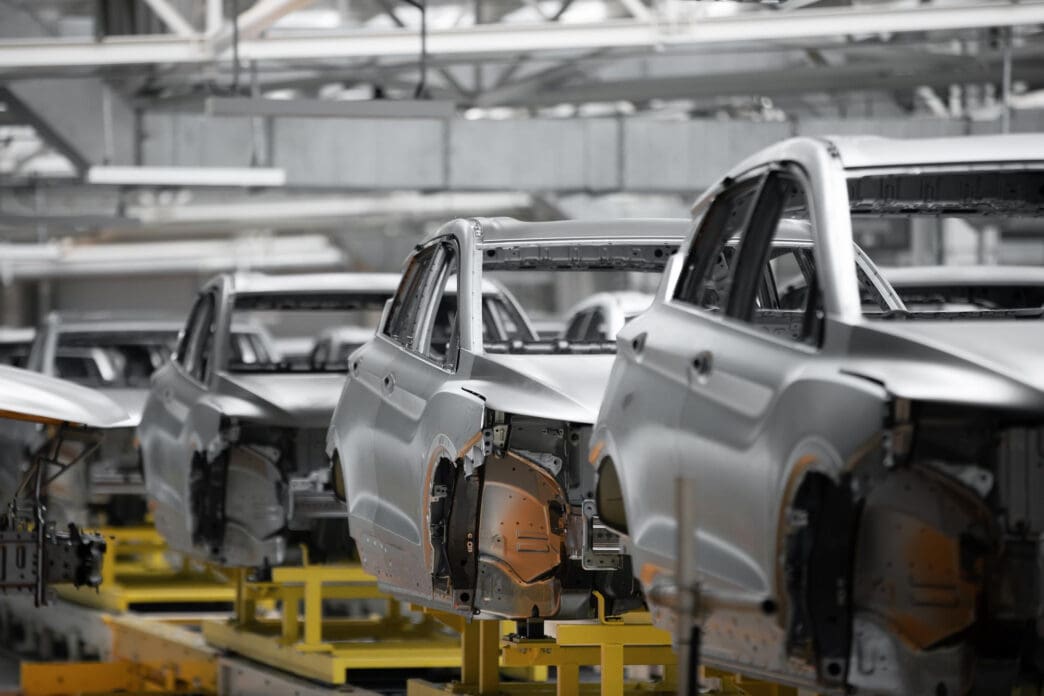Executive Summary
The Story So Far
Why This Matters
Who Thinks What?
China’s state news agency, Xinhua, issued a stern warning on Tuesday against domestic automakers “drastically” inflating pre-sale orders, a practice it claims misleads consumers and investors while potentially harming the industry’s long-term health. The warning, published in the Xinhua Daily Telegraph, highlights growing concerns over market transparency as China’s auto sector faces intense competition and regulatory scrutiny. This development comes as the Ministry of Industry and Information Technology initiated a three-month campaign in September to address false marketing and online irregularities within the automotive industry.
Allegations of Inflated Orders
The Xinhua Daily Telegraph article, which did not name specific companies, alleged that some automakers instruct employees to place refundable deposits to fabricate strong pre-sale figures. It also pointed to the involvement of a “grey industry chain” that offers services to pad order numbers, creating an artificial demand signal. These reported orders often lack independent verification and significantly exceed actual vehicle deliveries, raising alarms among industry observers.
The newspaper emphasized that such inflated figures are drawing heightened attention from regulators. This aligns with a broader initiative by China’s industry ministry, which launched a targeted campaign in September to crack down on various forms of online marketing fraud in the auto sector.
Broader Industry Concerns
Echoing these concerns, the official Economic Daily published a commentary on Saturday also condemning the practice of order padding. The publication noted that this tactic originated in the smartphone industry, where companies frequently boasted unverifiable pre-order numbers in the tens of thousands or even millions.
Nio CEO William Li commented on the trend earlier this month, stating that such inflated numbers have become a marketing tactic for automakers, detrimental to the efficient matching of production and sales. He affirmed that Nio does not engage in such practices. This scrutiny unfolds amid a fierce price war in the world’s largest automotive market, driving some companies to unusual measures to boost reported sales.
Beyond pre-order inflation, Reuters investigations have previously highlighted other methods used by Chinese automakers and dealers to inflate sales figures, including insurance tactics and shipping new cars overseas as “used.” These practices are reportedly rooted in China’s “production-oriented” industrial model, which has led to an oversupply of vehicles in the market. Despite these challenges, China’s car sales grew by 9.9% to 14.9 million units in the first eight months of 2025, with government subsidies contributing to China accounting for 38% of global car sales in August.
Outlook on Market Transparency
The escalating warnings from state media and the proactive stance of regulatory bodies underscore a concerted effort to enforce greater transparency and fair competition within China’s automotive industry. As the sector navigates a complex landscape of oversupply and intense market dynamics, the crackdown on misleading sales practices is poised to reshape how automakers report and market their products, aiming for a more sustainable and verifiable growth trajectory.








